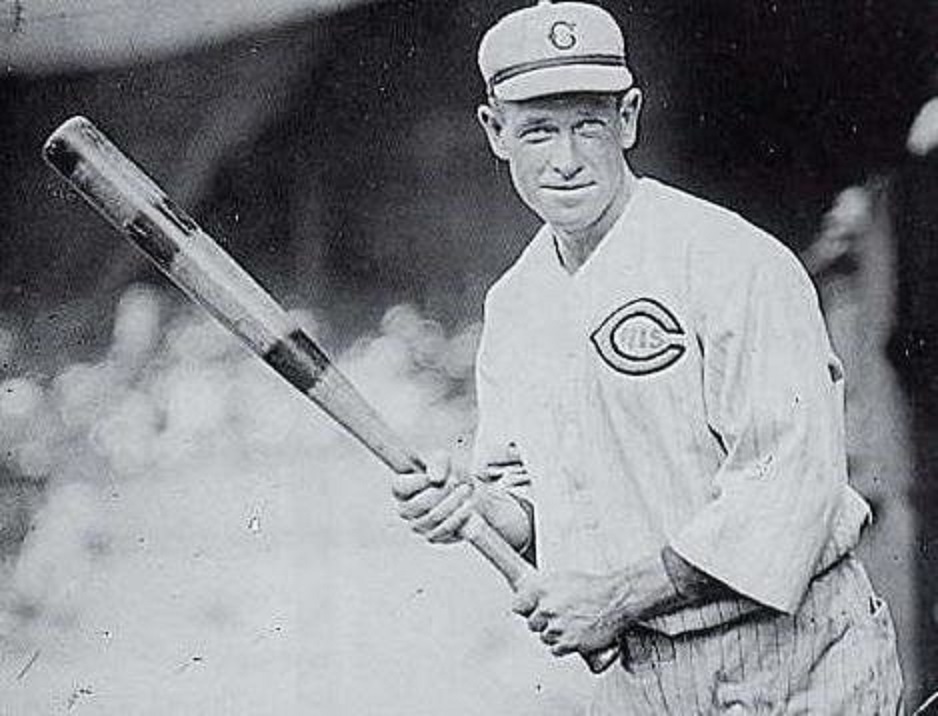How Gambling Almost Destroyed Baseball in the 19th Century
Baseball and gambling are closely associated with each other since the mid-19th century. The game has a complex history with betting, with scandals taking place at various points in history. Some of the famous managers and baseball players have been involved with betting on their own teams, leading to a complex relationship between betting and baseball.

Baseball Was More Common in Small Country-wide Towns
Although many people think that baseball was played in metropolitan areas, it was actually more common in small towns. Rural people loved playing baseball as it was a game of skill, competition and skill, much like their farm work where uncertainty played a big part. During that time, almost all baseball games featured gambling on both sides, from how many hits a team was going to score to how long the game would last.
Gambling and baseball have now become more organized and regulated. Today, All the major online casinos like Jeetwin, Omnia, BluefoxCasino and more are licensed and regulated by government authorities, and sports betting is restricted in some parts of the world. However, there was little control over gambling during the 19th century. In fact, betting was such a big feature of baseball that today’s fans would find it difficult to recognize the sport as it was then compared to today.
Playing to Lose
Some top players also sought to get it on the action at that time. As the players weren’t paid a regular salary, they earned their money through betting. In 1919, the highest-paid player was Ty Cobb, who earned $20,000 – which equates to $300,000 today or less than the minimum salary of Major League Baseball. Other players earned less than the future Hall of Famer. Thus, working with gamblers was an attractive way to earn money.
One of the most ill-famed players was the first baseman Hal Chase, who made a veritable career by throwing games. Playing mostly with the New York Highlanders, Chase threw games for money, spite, as a favour for friends or apparently for no reason. But this wasn’t the form of gambling that almost destroyed baseball.
American League President Suspended for Lifetime
The biggest scandal in Baseball was in 1926 in relation to the 1919 Black Sox game. American League president Ban Johnson permitted Ty Cobb to resign towards the end of 1926 when former pitcher Dutch Leonard joined them to bet on a game, they had all known was fixed. Johnson believed the scandal to be so damaging to Baseball that he paid Leonard $20,000 to hide the evidence. When it was revealed, Johnson was forced out of the job. After this, a rule was made that any player found betting on his own team would be suspended for a lifetime.
Gambling may increase the interest of people in baseball. But this can also result in a number of scandals. In 1919, baseball burnt its own house down. One hundred years later, the big league has once again made a contract with gamblers, in full view of both players and the fans.
All we can do is hope that the story doesn’t end in scandal this time.
I read your whole content it’s really interesting and attracting for new reader.
Thanks for sharing the information with us.